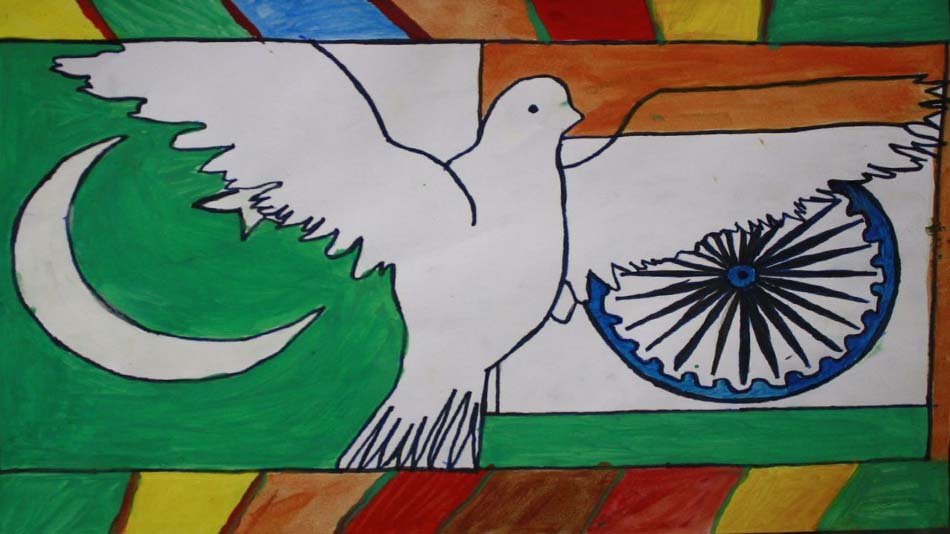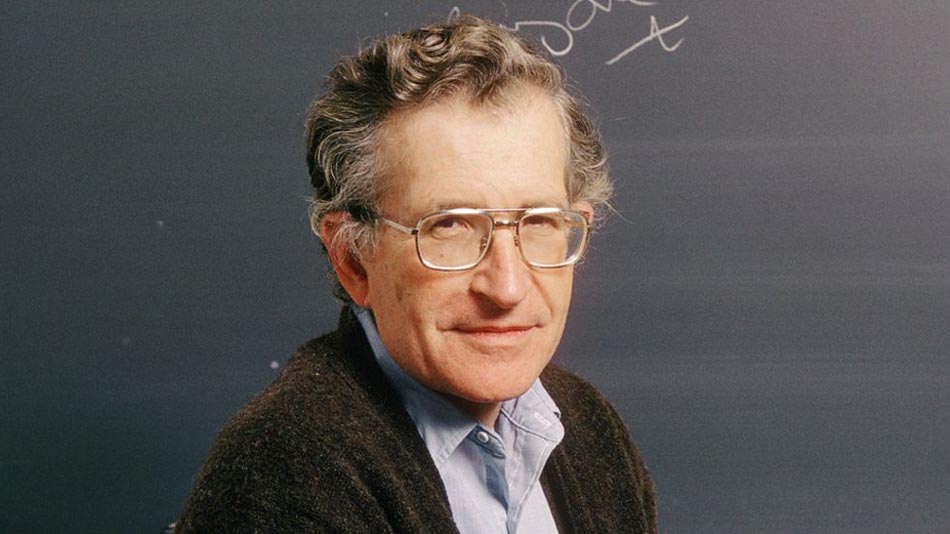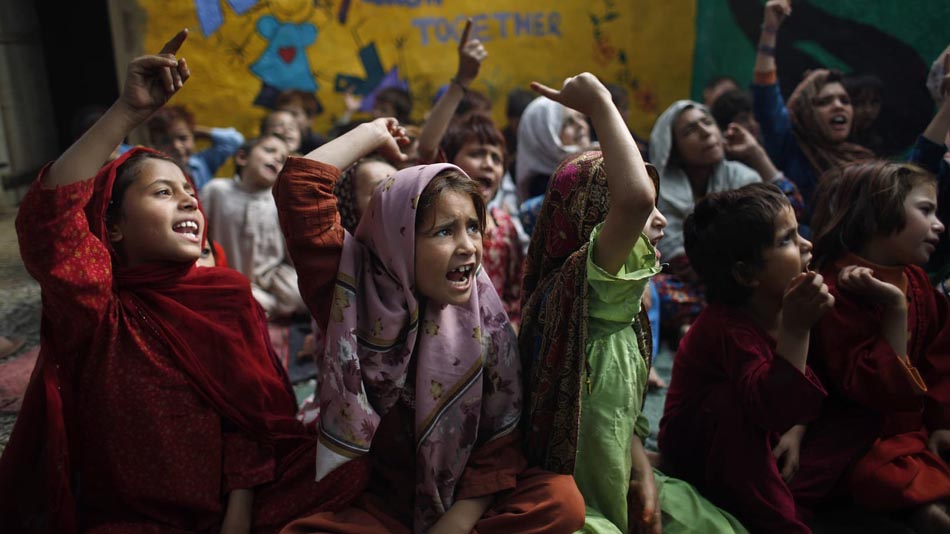One day Peace Workshop

Dialogue on Issues of Security and Peace in South Asia
July 17, 2019Alzheimer’s Disease: Exploring the Brain (Urdu)
July 28, 2019
“This bomb is a flag for peace if we know what it means. This bomb will change everything. It has come to us as a warning and we should take it as a warning.”
With these words Dr. Eqbal Ahmad wrapped up his keynote address to the one day peace workshop organised by Mashal Books at the Ambassador hotel in Lahore on December 19, 1998. And it was a positive note to end upon. The workshop brought together some 50 scientists, journalists, activists and participants with an active concern in this field for in-depth discussion of the nuclear issue, its background and implications.
The discussion largely succeeded in achieving a comprehensive and whole picture of what nuclearisations means and the line of action to be taken by the people of the subcontinent.
From the myriad of specific aspects of the problems that were discussed at the workshop, two dimensions for approaching the nuclear issue emerged very clearly. One was the technological requirements and risks of nuclear deployment, the hazards to human life and the possibilities of containment and the associated myths that have been circulated by the governments of both India and Pakistan in this regard.
The other dimension was the context of nuclearisation and what the open flaunting and legitimisation of nuclear capability has revealed about the ideological and cultural paradigms in which it has taken place.
The first question that comes to mind when thinking about the bomb is whether it can be managed safely? Very unlikely, was the firm view of all speakers at the conference.
Dr. Hoodbhoy eminent scientist and Chairman of Mashal Books debunked a number of misconceptions that are going around. The first one is that a nuclear bomb will never be used.
The second misconception is that a foolproof command and control system is possible. Dr. Hoodbhoy said that this in itself is a technical impossibility. Apart from the assorted and expensive accessories required for a good C&C system, the virtual absence of reaction time due to the physical proximity between India and Pakistan makes this end unachievable.
Dr. A.H. Nayyar outlined the development of nuclear weaponry and pointed out that nuclear arms were not developed by a single country overnight. The accumulated wisdom and pilferage of nuclear technology does not merit the title of either a bomb that is a national or a religious achievement.
In an interesting and fluent construction of ‘strategic thinking’ Khaled Ahmed, editor of the weekly The Friday Times, outlined how “strategy is an imaginative concept and allows unreasonable ideas free reign”. A prime example is how India tried to construct a perceived Chinese threat after the detonation at a time when Sino-Indian relations had become significantly cordial.
Dr. Eqbal Ahmad, in his keynote address emphasised that a peace movement must be based on not just technological but structural premises. Peace must be connected to the question of Justice and must challenge the ideologies on which the structure is found. Since the bomb is the personification of the modern method of warfare, which involves not nations but entire populations, it is also the best argument against the nation-state and the most urgent argument for peace.



